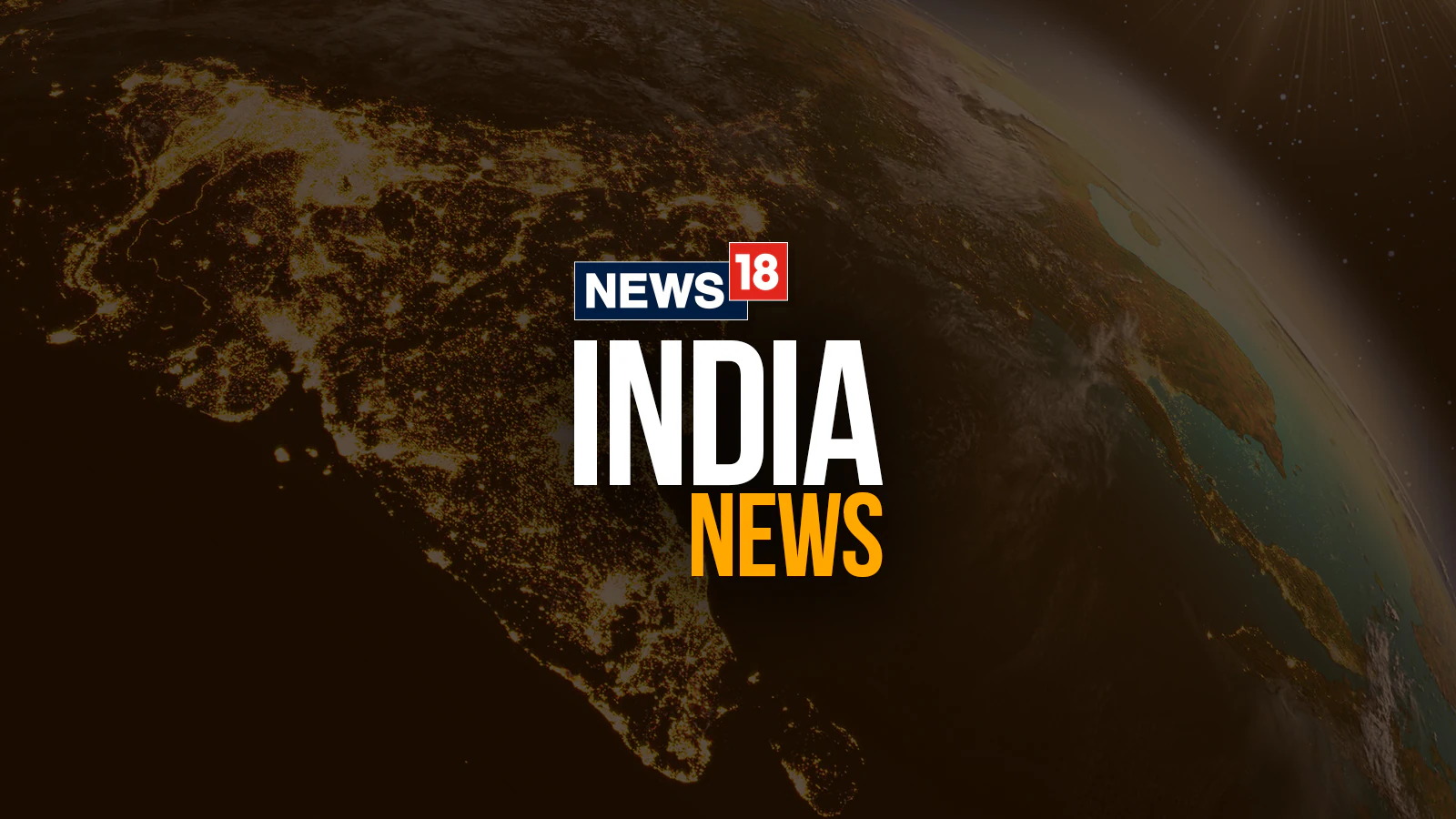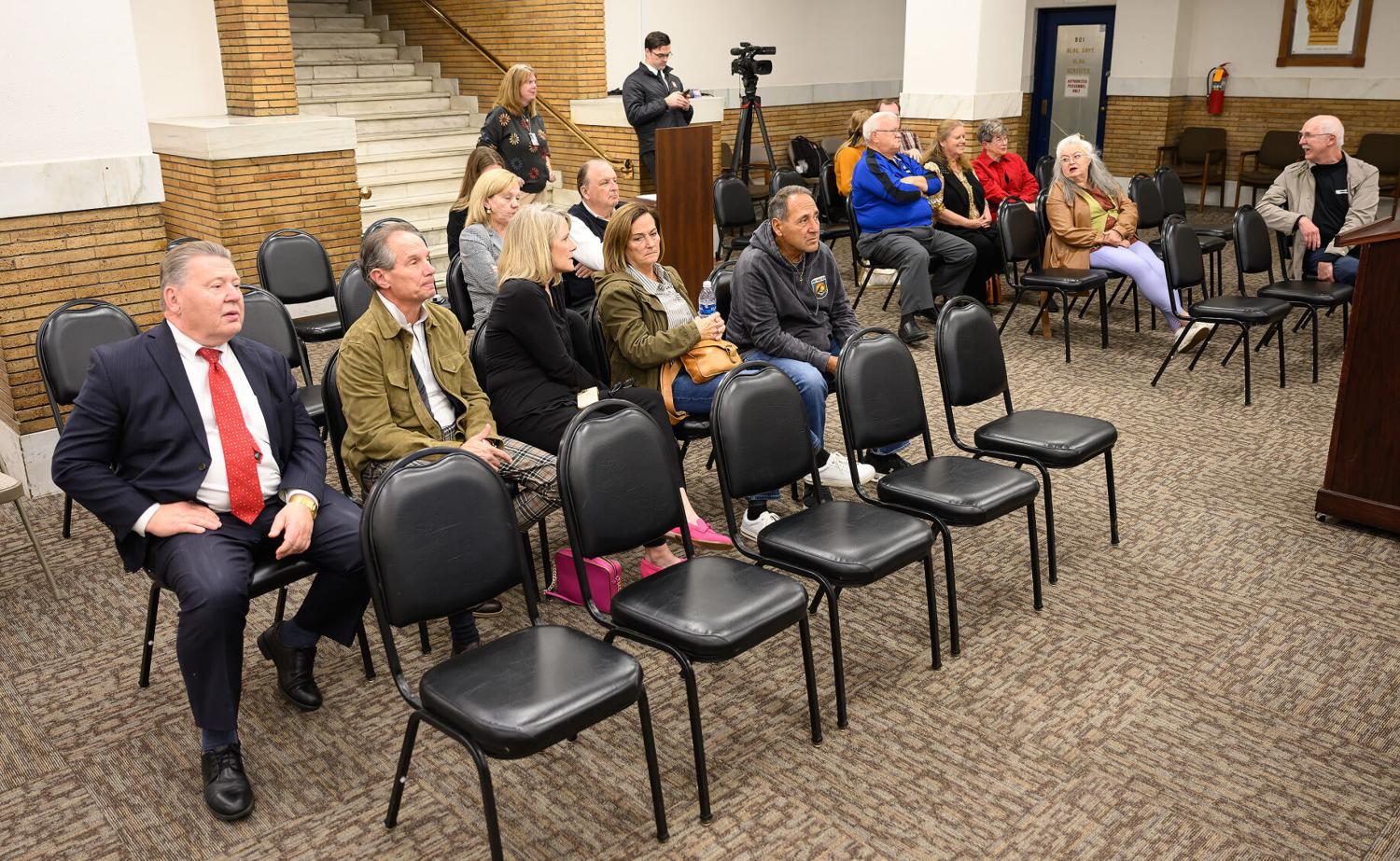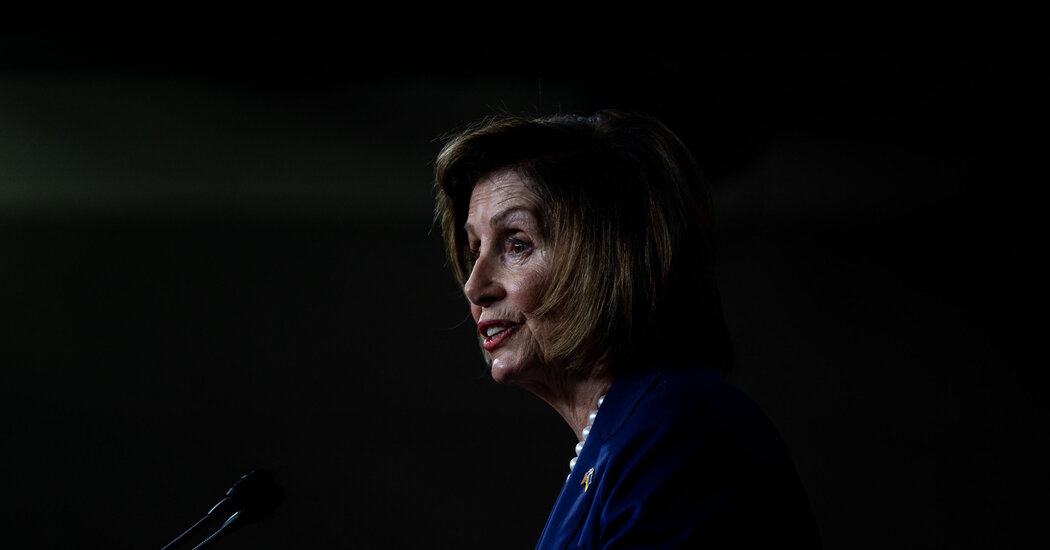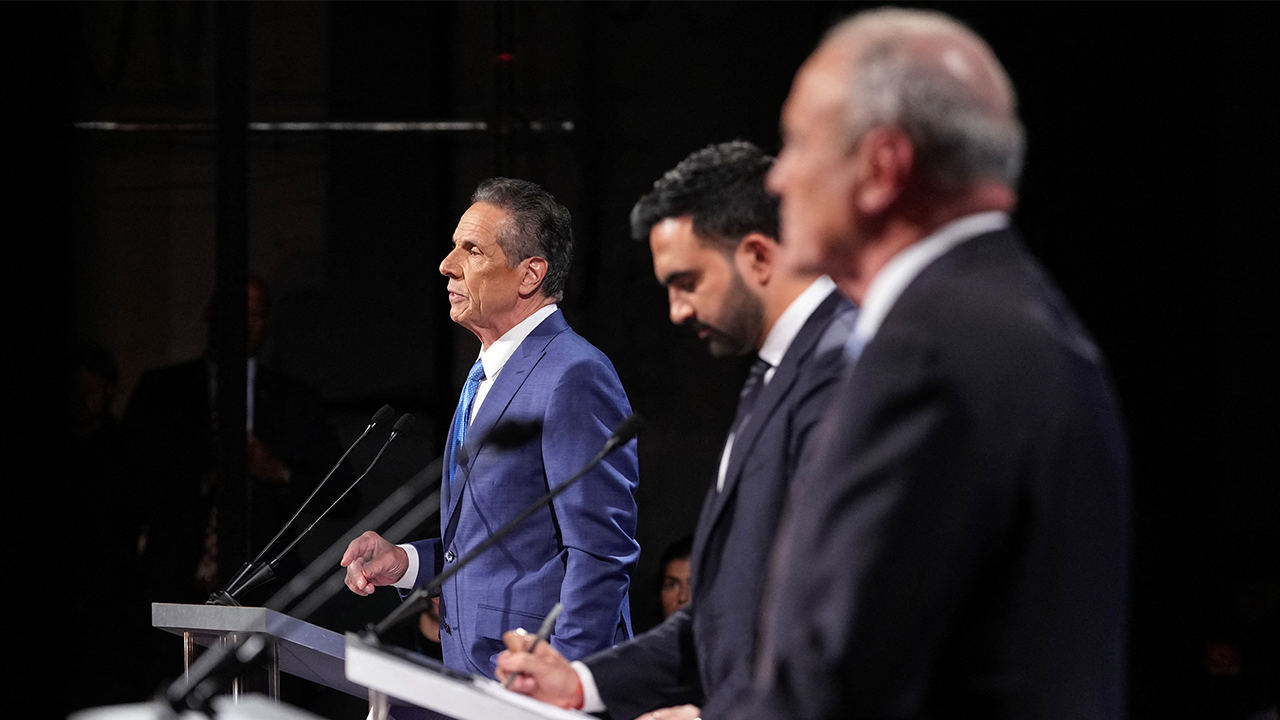Copyright trinidadexpress

The ceasefire in Gaza, however shaky, is freeing up some bandwidth for the world’s media to fret about other ongoing massacres, and UN Secretary-General António Guterres wasted no time in turning the spotlight on Sudan. “The horrifying crisis in Sudan...is spiralling out of control,” he said on Monday, but the civil war may really be coming to an end. The biggest city in western Sudan, El Fasher, fell to the nastier of two brutal rivals last month after a two-year siege. That was followed by the worst massacre in a civil war that has already killed 150,000 people and made one-third of the population refugees, but with luck it may be the last such event in the current cycle. Sudan has never really had a government worthy of respect. Only two years after it got independence in 1956 it had its first military coup, and in 1962 the mainly Christian population in the south revolted against the rule of the Muslim majority in the north. Three million dead and six military coups later, South Sudan got its independence in 2011. Eight years later the rump “-Sudan”, now a country of only 50 million people, toppled a cruel 30-year dictatorship and embarked on a brave experiment in civilian democratic rule in 2019. It lasted for almost two years before the military seized power again. The civil war began in 2023, when the two leading generals split over who was going to run the military regime. The obvious choice was the head of the Sudanese Armed Forces (SAF), General Abdul Fattah al-Burhan. His rival was General Mohamed Hamdan Dagolo, also known as Hemedti. Hemedti was an outsider, a former camel trader from the sparsely populated and mostly desert west of the country. He had created a genocidal paramilitary group known as the -Janjaweed that the former dictator, Omar al-Bashir, adopted as a counterweight to the regular army. In its early days the Janjaweed was a camel-mounted militia massacring non-Arab tribes for Bashir in the western region called Darfur, but in recent years it has grown into a well-equipped military organisation called the Rapid Support Force (RSF). -Nevertheless it should have been beaten easily by the regular army (SAF) once the split happened. How did it grow instead into a force that controls the whole western half of the country? Gold. Most of Sudan’s gold comes from illegal “artisanal” gold mines in RSF-controlled Darfur. Ninety per cent of it ends up in the United Arab Emirates (UAE), where it is re-melted, re-branded and sold onwards. The UAE has long since stopped being just another one-trick Gulf oil state. It has become a country of 11 million people, its annual Gross Domestic Product is over half a trillion dollars (about the same as Singapore or Sweden), and only a third of its income comes from oil. True, most of those 11 million people (80%-90%) are the skilled and unskilled foreign workers, most of them male, who keep the UAE economy going. In that respect, it’s a typical Gulf state. But in foreign affairs it’s a big, grown-up country with all the usual ambitions, and it has become a major independent player in the region’s strategy and politics. The region covers not just the Middle East but also northeast Africa, including Sudan—and Hemedti has long had a close relationship with the UAE. Indeed, the UAE has hired RSF fighters as mercenaries for its interventions in Yemen, Libya and elsewhere. But the main deal that keeps the war in Sudan going is Darfur’s gold in exchange for the weapons that the UAE sources from all over the world. Those weapons made the RSF a force that could stand up to the Sudanese regular army. It has now nailed down all of Dafur, admittedly the poorer and more sparsely populated half of the country but the part where most of the gold is. And Saudi Arabia, Egypt and Iran are being generous enough with their aid to ensure the SAF can keep fighting, too. The RSF has now set up its own rival government in Darfur and says it is open to a partition of the country. On Thursday, Hemedti announced he would accept a ceasefire on the existing lines, which in practice would mean a Darfur ruled by the RSF and a second partition of the old Sudan. Its “friends” did something like that to neighbouring Libya, so why not? The African Union’s historic ban on changing the former colonial borders of African states in order to avoid endless border wars is fading with the rest of the “rules-based international order”, so it could easily come to that. Last stop the Disunited States of Sudan—but first, probably, some more slaughters of the innocent. —Author Gwynne Dyer is an international journalist based in London.



